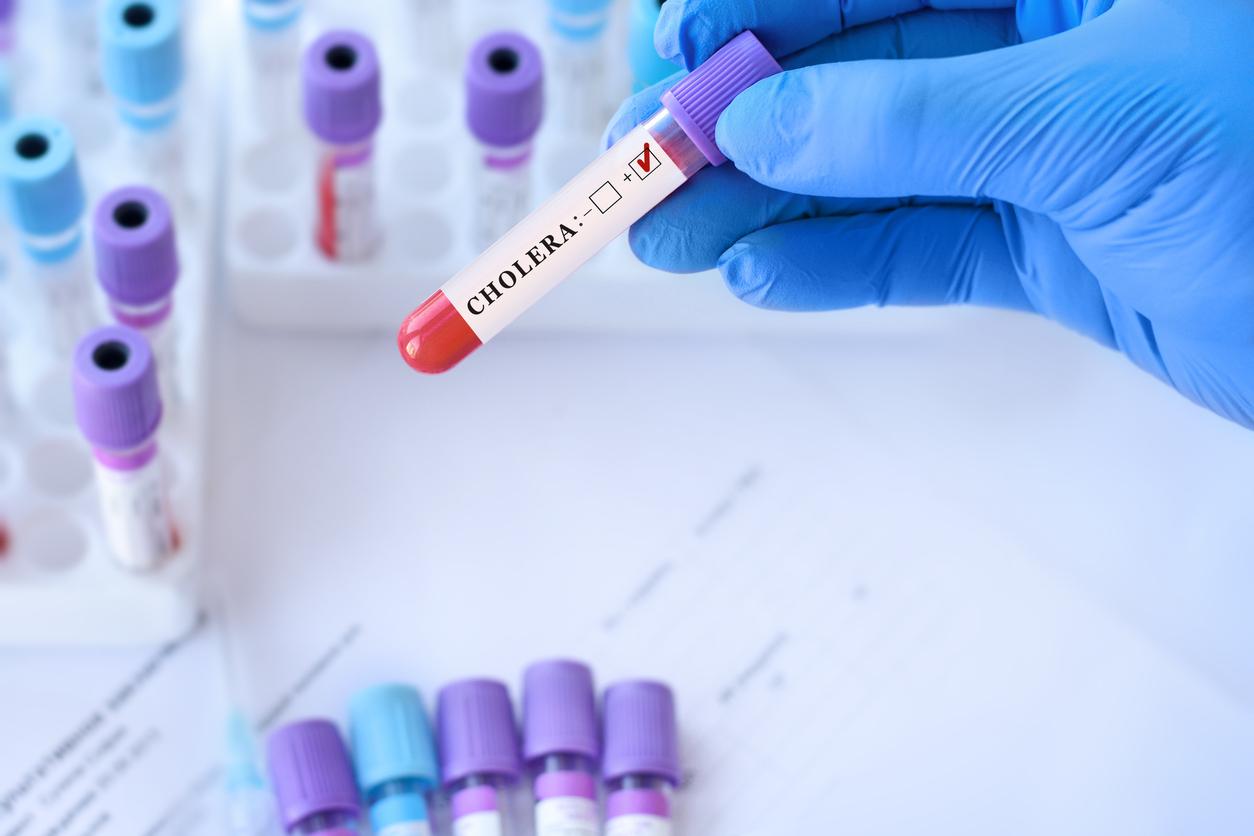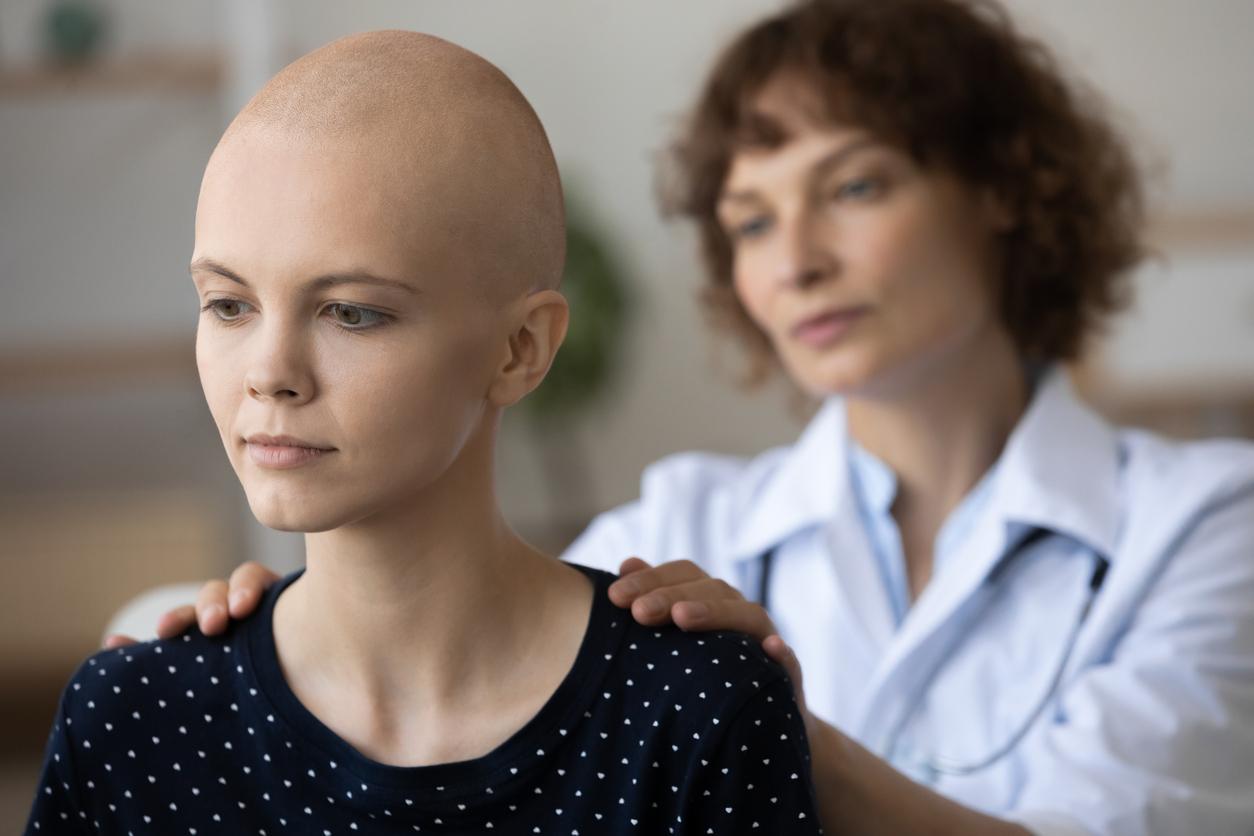Treatment of Prostate cancer with a single, high dose of radiation delivered precisely to the tumor site would be more effective and bearable for patients, according to the results of a study presented at the Congress of the European Society for Radiotherapy and Oncology (ESTRO). This technique reduces trips to the hospital and its side effects are similar to those of radiation administered in several doses but weaker.
Researchers at Cruces Hospital (Baracaldo, Spain) performed the phase II clinical trial of high-dose single-fraction brachytherapy in 45 patients with prostate cancer at low or intermediate risk of spread. Brachytherapy involves very precise positioning of the catheters, using ultrasound scans, at the tumor site while the patient is under general anesthesia. A radioactive source (iridium-192) is delivered to the target by the catheters and does not come into contact with other organs such as the bladder and the intestine. This technique allows the maximum dose to be delivered precisely to the target. The treatment usually lasts about 30 minutes.
Read also: Prostate cancer: MRI would be more useful than biopsy
An effective and satisfactory therapeutic solution for patients
The results of this trial showed, over a 31-month follow-up, that brachytherapy does not cause any severe undesirable side effects and that no severe disorder has been identified at the intestinal, sexual or hormonal levels.
The researchers observed that 6 patients experienced moderate bowel or bladder problems.
The majority (60%) of patients who did not have a sexual disorder before treatment experienced no sexual dysfunction.
Six months after radiotherapy, the majority (77%) of participants said they were “extremely satisfied” with their treatment and their quality of life, 23% said they were “very satisfied”.
“Our study shows that patients do not suffer from higher toxicity or a poorer quality of life. In fact, patients are very satisfied with this unique outpatient treatment which they find convenient and which keeps them coming back. quickly to their normal activities, ”explained Dr Alfonso Gomez-Iturriaga, from Cruces Hospital in Spain and author of the trial.
“It is too early to say whether this strategy can be used outside the context of the trial, but it seems quite clear that the toxicity and impact on quality of life is very low. Longer follow-up d ‘at least five years is necessary to demonstrate that this therapy can be definitively applied in the control of cancer of the Prostate cancer“.
Read also:
Cancer: preserving the prostate thanks to early targeted treatment
Prostate cancer: hormone therapy prolongs survival
Prostate cancer: there would be 5 different


















